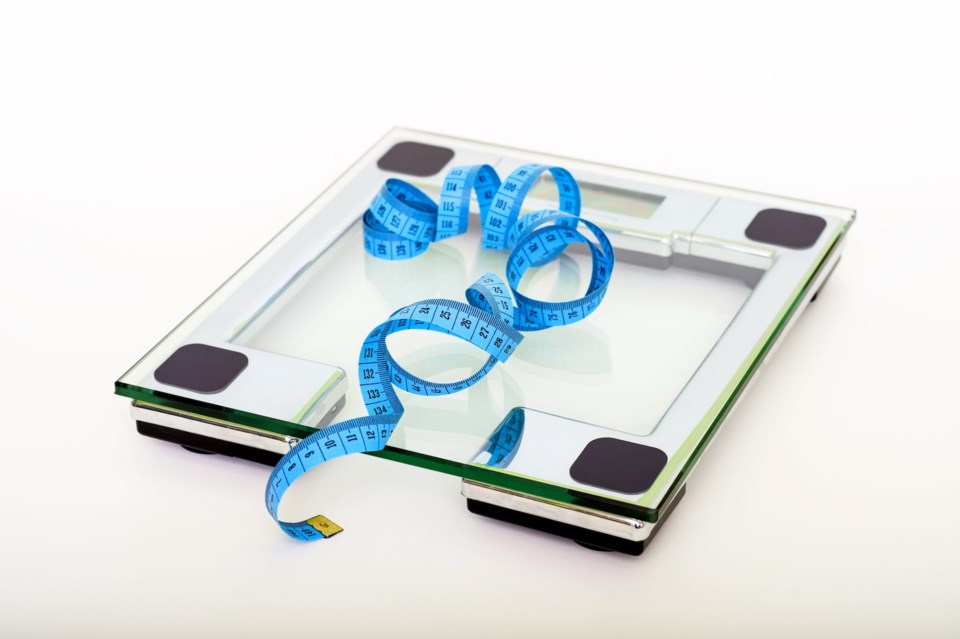UCHealth will soon begin a national weight-loss study to look at the impacts of the first procedure-less intragastric balloon at its Anschutz Medical Campus in Aurora.
“We’re doing this study to demonstrate the safety and effectiveness of this device,” said Director of Gastroenterology Metabolic and Bariatric Program Dr. Shelby Sullivan.
Researchers are seeking Food and Drug Administration approval for the Allurion Gastric Balloon, with Sullivan taking on dual roles as primary investigator for the national trial and a sub-investigator at the UCHealth site. She also helped design the study and write protocols.
“Gastric bypass is going to initially reduce the volume of your stomach to about the size of an egg,” she explained. “An intragastric balloon is going to take up about a third of the space in your stomach.”
Once a balloon is in place the stomach empties significantly slower, Sullivan said.
“Food stays in your stomach for a longer period of time helping you to feel full,” she added.
The study group will be split into two sections, the first receiving two-rounds of swallow-able balloons that are each retained for four months, coupled with virtual lifestyle coaching.The second group only receives lifestyle coaching. All participants receive care free of charge and will be compensated for their time.
“This is looking at lifestyle therapy alone compared with lifestyle therapy plus the balloon,” she said.
Current FDA-approved intragastric balloons require endoscopic placement and endoscopic removal.
“One of them can be swallowed but still has to be removed endoscopically,” she said.
Roughly the size of a large vitamin, the Allurion Gastric Balloon is tethered to a catheter, Sullivan said.
“You swallow that … and we're able to verify that it's in your stomach with an x-ray,” she said. “We fill it with saline, and then you're off on your merry way.”
In a matter of weeks, the balloon deflates and is passed through the digestive tract.The study is intended to provide the FDA with more precise timing data.
“You definitely see more weight loss with bariatric surgery, but you have permanent changes to your GI tract,” she said.
Enrollment opened two weeks ago and is anticipated to take up to six months, Sullivan said.
UC Health is one of 20 sites nationally and the only entity in Colorado joining the study, which will involve a total of 550 volunteers.
“Our goal is to get about 50 patients at our site into the study,” she said.
To qualify, participants must be between ages 22-65 with a body mass index (BMI) of between 30-40, or roughly 30-100 pounds overweight. Visit online to confirm if you qualify to join the AUDACITY Clinical Study.
The study’s target group are individuals who don’t have obesity-related diseases and who currently don’t qualify for bariatric surgery, Sullivan said.
Current National Institute of Health guidelines for patients to qualify for gastric bypass surgery include a BMI of 35 with an obesity related disease or BMI above 40.



